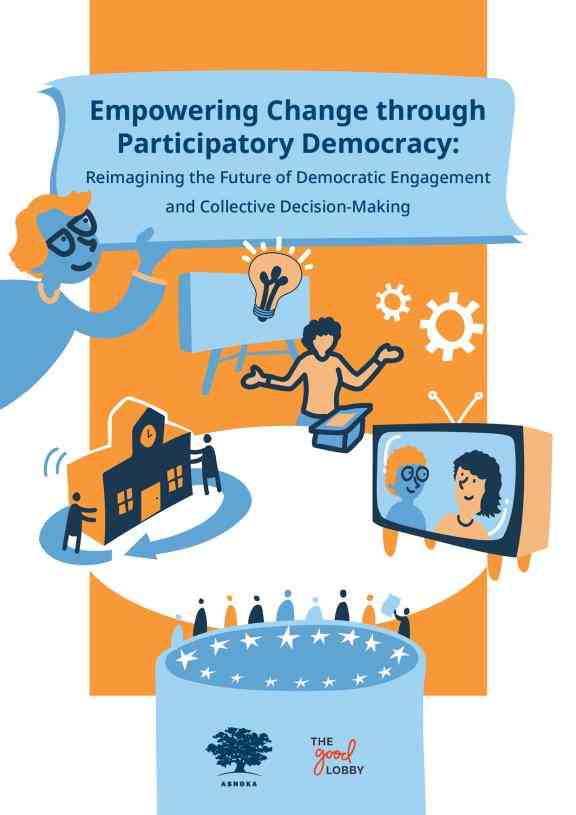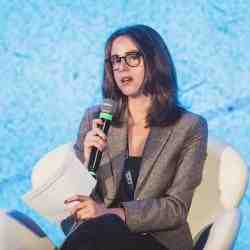Welcome to Changemaker Europe
Citizens are increasingly demanding to be actively involved in decision-making processes that affect their lives and communities. However, there are systemic barriers preventing them from participating. Capitalizing on the momentum generated by the Conferenceon the Future of Europe (CoFoE), the first transnational experiment of deliberative democracy, Ashoka launched its Changemaker Europe initiative to shape a new vision of democracy and civic participation where every person can actively contribute to positive social change.
Within the framework of this initiative, Ashoka has designed, together with The Good Lobby, an innovative collaborative process to advance participatory democracy in the EU.


